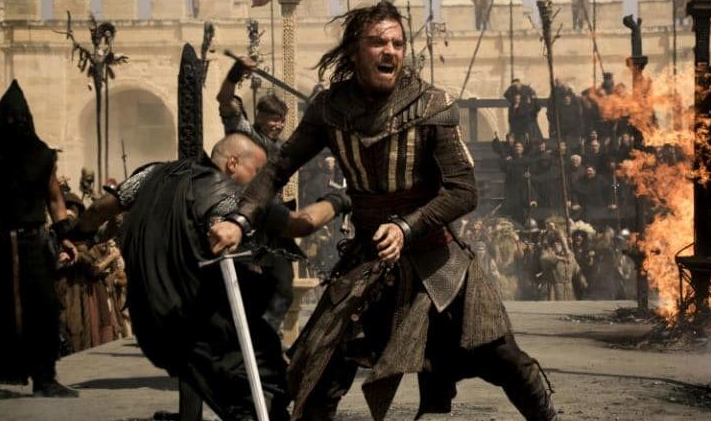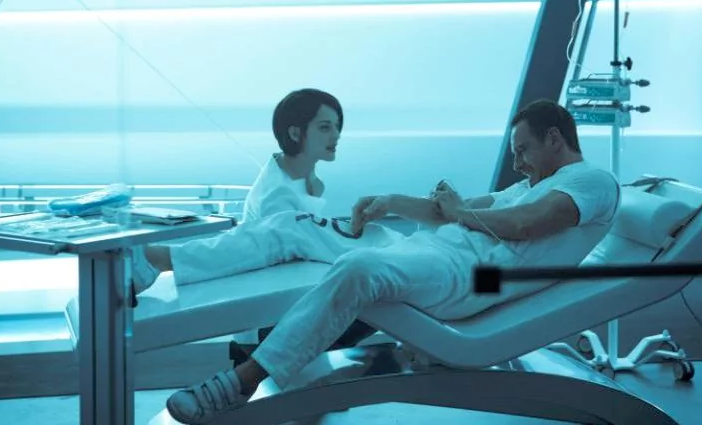Perhaps video games and film ought to co-exist rather than procreate. One pivotal reason that there has never been a good video game film adaptation is that, in many ways, film is a vastly different and inherently more restricted medium than video games. Without wanting to diminish the art to which I have dedicated much of my life, you might argue that video games are a step from film toward the direction of immersion. In the Assassin’s Creed video game series, the player is largely unrestricted in their pursuit of narrative, free to explore the story provided by the developers at their leisure via multiple avenues. We are in control. Watching Justin Kurzel’s Assassin’s Creed, the film adaptation of that franchise, we are limited to the narrative provided by Kurzel. We are out of control.
Assassin’s Creed is the worst film of the year. Every minute of it is difficult to endure. There are flashes of caliber – a great shot, a moment of adept performance, musical flourishes (from Kurzel’s brother Jed, who is proving to be a wonderful addition to the community of Hollywood composers) – but these flashes don’t last long and are not so momentous that they provide a lasting impression. On a minute to minute basis, all of of Assassin’s Creed is bad. Yet Kurzel is not a bad director, simply inappropriate for the material. Judging from his filmography hitherto, Justin Kurzel may not be an action/adventure kind of fellow. Assassin’s Creed is an uncompromising fusion of the Kurzel’s less widely accessible filmmaking style with the broad dumb fun of the game franchise, seemingly without a care in the world whether the two correspond.

Kurzel’s hands might be tied by the realities of the Assassin’s Creed video game series. Having played a handful of the titles myself, I believe that the franchise is ill-suited to cinema. Each game involves two narratives, separated by hundreds of years. The film follows suit. An elongated video game narrative might allow for the kind of detail this sort of storytelling needs to function in a satisfying manner but in a two-hour movie, the two narratives obstruct one another from development.
It doesn’t help that both of the plot lines in the film are conveyed with the sort of relentless chaos usually reserved for cinematography in Paul Greengrass movies. It’s fortunate that one particular room that the central two characters walk through at one point contains all the items necessary for a swift exposition. One character picks up a family photo, featuring the other character as a child. “Happy family,” he comments. She tells him that her mother is dead. It’s never referred to again. Aaaah, it must be character development. With scripts like these, who needs enemies?

The Templar Order has sought the Apple of Eden since the beginning of mankind, an opening crawl of text that sets off alarm bells tells us. A group of Assassins, referred to as The Creed, have always thwarted their efforts. So far so comprehensible albeit uninspired. In 2016, Callum Lynch (Michael Fassbender) is on death row until he is rescued from an eternal sentence by Sophia Rikkin (Marion Cotillard), a doctor from a shadowy corporation known as Abstergo Industries.
She’s after the Apple, because it contains the genetic code to free will and she wants to cure violence. Rikkin also has a machine that will allow Lynch to relive the memories of his ancestor Aguilar de Nerha, an Assassin in the time of the Spanish Inquisition, because she believes de Nerha holds the key to the location the Apple. We’re off the edge of the filmmaking map.